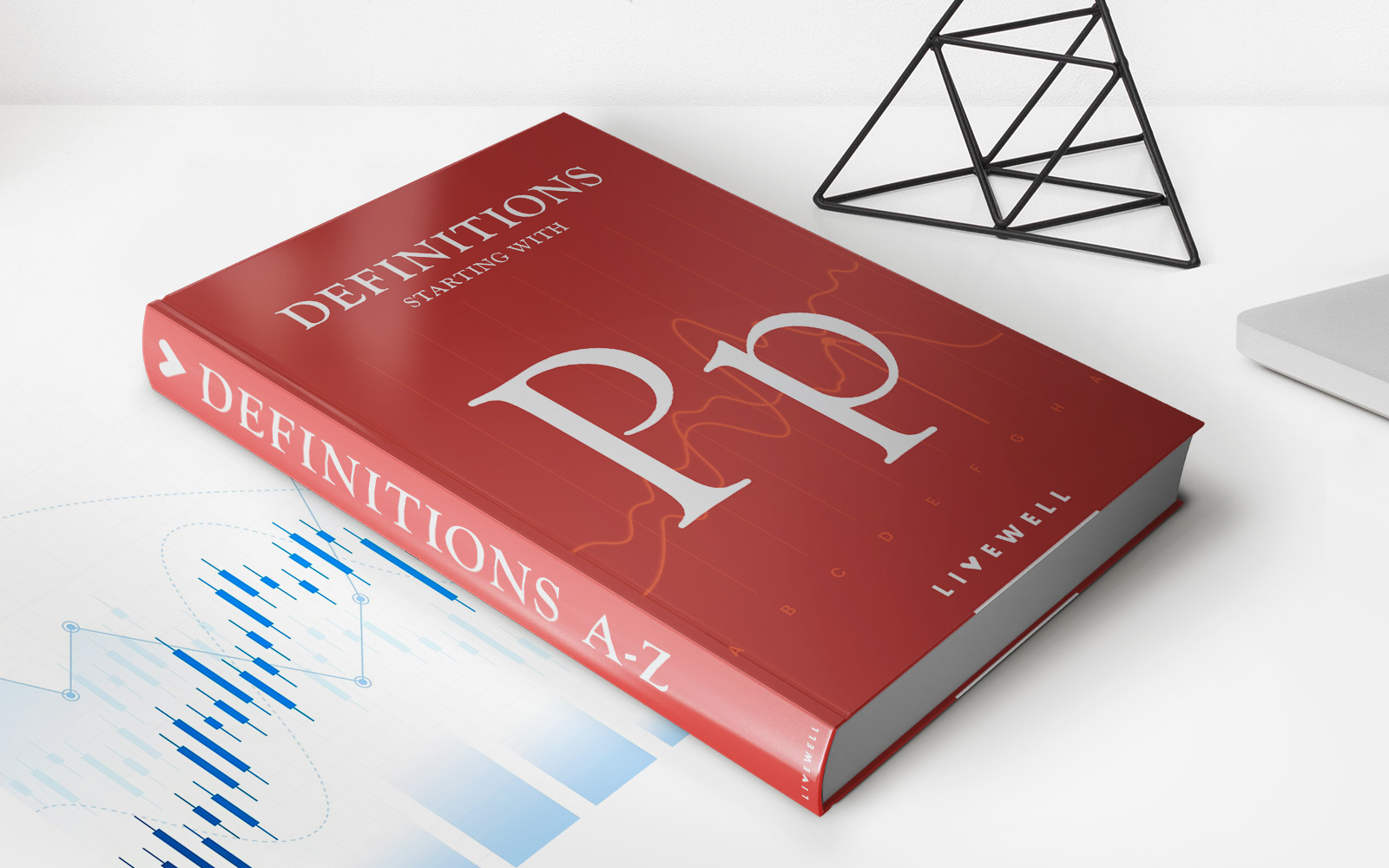Home>Finance>What Is A Listing Agreement? Definition, Types And How They Work


Finance
What Is A Listing Agreement? Definition, Types And How They Work
Published: December 19, 2023
Learn about listing agreements in finance, including their definition, types, and how they work. Enhance your understanding of this crucial aspect of the financial industry.
(Many of the links in this article redirect to a specific reviewed product. Your purchase of these products through affiliate links helps to generate commission for LiveWell, at no extra cost. Learn more)
What Is a Listing Agreement? Definition, Types, and How They Work
Gaining a better understanding of listing agreements is essential for anyone looking to navigate the world of real estate. Whether you’re a homeowner looking to sell your property or a buyer searching for the perfect home, understanding the intricacies of listing agreements can help you make informed decisions. In this blog post, we will define what a listing agreement is, discuss the different types, and explain how they work. So, let’s dive in!
Key Takeaways:
- A listing agreement is a legally binding contract between a property owner and a real estate agent or broker.
- There are three main types of listing agreements: exclusive right to sell, exclusive agency, and open listing.
Definition
A listing agreement is a contract signed between a property owner (also known as the seller or client) and a real estate agent or broker. It outlines the terms and conditions under which the agent will market and sell the property on behalf of the seller. This agreement is crucial as it establishes the agent’s authority to act as the seller’s representative during the home-selling process.
Types of Listing Agreements
There are three main types of listing agreements commonly used in the real estate industry:
- Exclusive Right to Sell: This is the most common type of listing agreement. In this arrangement, the agent has the exclusive right to represent the seller and is entitled to a commission regardless of who brings the buyer. If the property is sold during the term of the agreement, the agent receives the agreed-upon commission.
- Exclusive Agency: In an exclusive agency listing agreement, the seller retains the right to sell the property on their own. However, if the agent brings a buyer who successfully purchases the property, the agent is entitled to a commission. If the seller sells the property without the agent’s assistance, no commission is owed.
- Open Listing: An open listing agreement allows the seller to work with multiple agents simultaneously. In this case, the agent who brings the buyer and facilitates the sale will receive the commission. If the seller sells the property independently or through another agent, no commission is owed to the agent with an open listing agreement.
How Listing Agreements Work
When a property owner decides to sell their home, they typically begin the process by selecting a real estate agent or broker to represent them. Once the agent is chosen, they enter into a listing agreement, which outlines the scope of the agent’s responsibilities, the agreed-upon listing price, and the duration of the agreement.
Once the listing agreement is in place, the agent will begin marketing the property to potential buyers. This can include activities such as listing the property on Multiple Listing Services (MLS), conducting open houses, advertising, and utilizing their network to find interested buyers. The agent will also negotiate offers and assist with the closing process.
Listing agreements are typically valid for a specific period, often ranging from a few months to a year. During this time, the agent is bound by the terms of the agreement and is committed to working in the best interest of the seller.
Wrapping Up
Understanding listing agreements is crucial when venturing into the real estate market, whether you are selling or buying a property. By familiarizing yourself with the various types of listing agreements and how they work, you can make informed decisions and ensure a successful real estate transaction.
Key Takeaways:
- A listing agreement is a legally binding contract between a property owner and a real estate agent or broker.
- The three main types of listing agreements are exclusive right to sell, exclusive agency, and open listing.
Now that you have an understanding of listing agreements, you’ll be well-equipped to navigate the real estate market with confidence!














